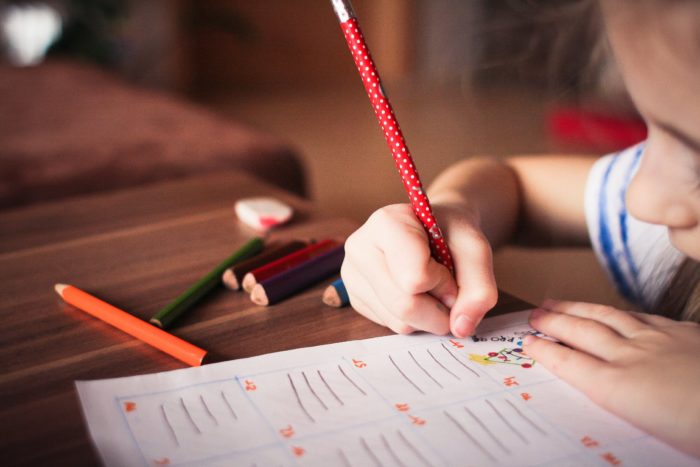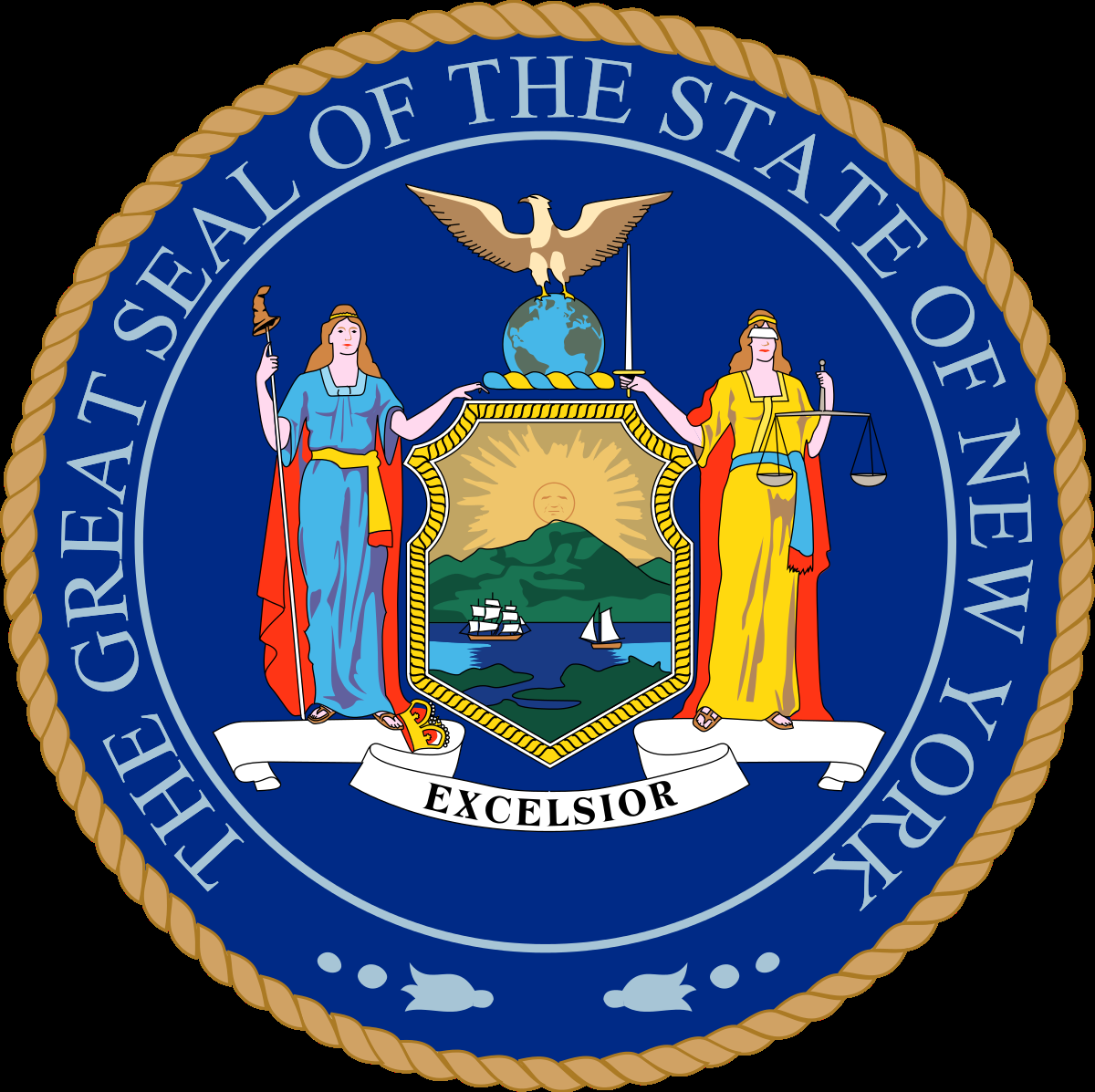Knee-Jerk Reactions to Homeschooling: Child Advocacy — or Totalitarianism?
Though I dispute the term “homeschooling” to describe the COVID-19-inspired shift to distance learning in public education, it is clearly causing discomfort not just for those directly involved, but for theorists and policy-makers. What happens if a percentage of public schooling families end up liking aspects of this at-home learning scenario?

I think of this today after reading this article in Harvard Magazine, sent to me by a friend who warned me of its absurdity. Written by Erin O’Donnell, the article features Elizabeth Bartholet, an expert in law and child advocacy who sees home schooling as a danger to society. Her indictment is notably lacking in evidence and showcases a number of false claims and misrepresentations about homeschooling. It also reveals a worldview based on some key contradictions.
From the opening graphic, which pictures a homeschooled child imprisoned in a house made of books watching sadly as institutionally schooled children skip and play outside, to her advocacy of a “presumptive ban on the practice,” Bartholet reveals a lack of information and understanding so marked that I felt embarrassed for her. She recites a litany of tired, unsubstantiated claims:
- That homeschooling is “an essentially unregulated regime.” (It is heavily regulated in some states, and by nature it is not a “regime.” Homeschoolers are too diverse a group for that.)
- That homeschooled children are socially isolated. (Actually, since they are in family and community settings that include multi-aged groups, homeschooled children are more realistically socialized than publicly-schooled children herded together with others their own age for 7 hours in an institutional setting.)
- That many homeschoolers are “‘extreme religious idealogues’ who question science and promote female subservience and white supremacy.” (Questions are key to science, aren’t they? Curiosity and critical thinking depend on them. As for female subservience and white supremacy, I’d like to see some evidence. In any case, does Bartholet remember that public school educators may also hold objectionable beliefs? Is she willing to patrol them as zealously?)
- That public schools are safer than family for a vast majority of children. (Some, tragically, yes, but a majority? Evidence, please.)
- That extreme examples like Tara Westover’s Educated (which I’ve reviewed here) are representative. (Hers is not an example of homeschooling, but of educational neglect.)
- That homeschooling “violates childrens’ right to a meaningful education” and “may prevent children from contributing positively to a democratic society.” (Some homeschool graduates include Denise Levertov, Maurice Sendak, Madeline L’Engle, Tim Tebow, Emma Watson, Condoleeza Rice, and vast numbers of not-so-famous but equally productive contributors to society.)
- That legislators are “hesitant” to restrict homeschooling because of the activity of the Home School Legal Defense Association. (Hesitant? I read HSLDA’s magazine and see the evidence of continual efforts all across the country to impose unlawful restrictions on homeschooling.)
To be fair, some of her fears contain a grain of truth. For example, though homeschooling is far from “unregulated,” these regulations do vary widely among states. Though homeschooled children are not “isolated,” they do not spend every school day grouped with others their own age. And all of us have felt horrified at those few extreme cases of abuse or extremism that take place behind a falsely claimed notion that the parents were actually homeschooling their children. (Not just Westover’s story, but that of the California family who kept their many children malnourished and chained, comes to mind.) So while many of Bartholet’s claims fail as generalizations, in some cases they have a tangential relationship to something real. But distortions, of course, fail to make a strong case. The false or mistaken claims noted above fail as well.
Along with distortions and misinformation, Bartholet entertains some contradictory beliefs. For example, she sees homeschooling as a threat to democracy, but to rectify this she would eliminate the freedom of parents to educate their children. Home education, she feels, is an affront to government’s “right” to educate children “so that they become active, productive participants in a larger society.” This involves, she points out, exposing them to “community values, social values, democratic values, ideas about nondiscrimination and tolerance of other people’s viewpoints.”

While I believe education is an inherent right, government’s “right to educate” is certainly debatable. (Some would call it propaganda.) I would agree with Bartholet that the other “community values” listed here are important (and explored in many great works of literature now neglected in public schools to give preference to STEM courses), but what about the foundational value of personal liberty? For Bartholet, the teaching of her preferred roster of community values can only happen by eliminating parents’ freedom to teach them at home. In fact legitimate, organic community values don’t disappear from a free society when government control is minimal. They “begin at home” (as the saying goes), in the social units of family and local community, where we act out our responsibility to others among neighbors. One of Jefferson’s universal truths is that governments “derive their just power from the consent of the governed.” Bartholet would reverse this, requiring that parents need government consent to educate their children.
One more contradiction is that authority is bad when parents have too much of it, but not when public schools do. O’Donnell writes,
Bartholet maintains that parents should have “very significant rights to raise their children with the beliefs and religious convictions that the parents hold.” But requiring children to attend schools outside the home for six or seven hours a day, she argues, does not unduly limit parents’ influence on a child’s views and ideas. “The issue is, do we think that parents should have 24/7, essentially authoritarian control over their children from ages zero to 18? I think that’s dangerous,” Bartholet says. “I think it’s always dangerous to put powerful people in charge of the powerless, and to give the powerful ones total authority.”
The absurdity of suggesting that parents’ “very significant rights” to influence aren’t limited by the hours spent in public school only underscores how desperately Bartholet wants that influence reduced. For her, when parents serve as the main influence in children’s lives from ages 0-18, they are “authoritarian,” “controlling,” “dangerous,” and “powerful” (“love” is nowhere mentioned in the article) — yet somehow impersonal bureaucratic entities using the force of law to dictate the physical, intellectual and social lives of children for most of their waking hours from ages 4-18 are none of these things.
A little self-awareness would go a long way toward establishing some logical coherence here.
The idea of freedom is always a target. We agree that it’s a universal right, but greed and political aspiration and the instinct to control are always chipping away at it. At the risk of sounding like a “religious extremist,” dare I wonder if this is simply evidence of our fallenness? On the one hand we have the insight to recognize the value of freedom and equality, but on the other hand we are continually tempted to exempt ourselves from their obligation to allow others’ freedom too.
I don’t see home educators advocating to abolish public education and make home education madatory, but the call to ban homeschooling is nothing new. It is emerging shrilly now, in a time when families are thrown together for many more hours a day than they’re used to, and when parents are more involved in their children’s education. This is not a good situation for everyone, but there may well be some families who find that they take to it and would prefer to continue educating at home after the crisis is past, adding to the current 3% – 4% of school-aged children who are home schooled. Why would public education’s most ardent evangelists sound such a strident alarm at this tiny dissent?
Related reading:
- The Harvard Magazine article detailing Bartholet’s comments is The Risks of Homeschooling
- Paula Bolyard has a response in Harvard Law Prof Calls for Ban on Homeschooling, Saying It’s ‘Dangerous’ to Leave Children with Their Parents 24/7
- HSLDA writes about an event Bartholet is organizing in Harvard Summit to Discuss Regulating Homeschooling
- Bolyard cites some of the information in Research facts on homeschooling
- Michael Farris, founder of HSLDA and president, CEO and general counsel of the Alliance Defending Freedom, responds in “Harvard Law Professor Attacks Homeschoolers, As She Envisions Them“




